A Guide to Alternative Cancer Treatment in Mexico
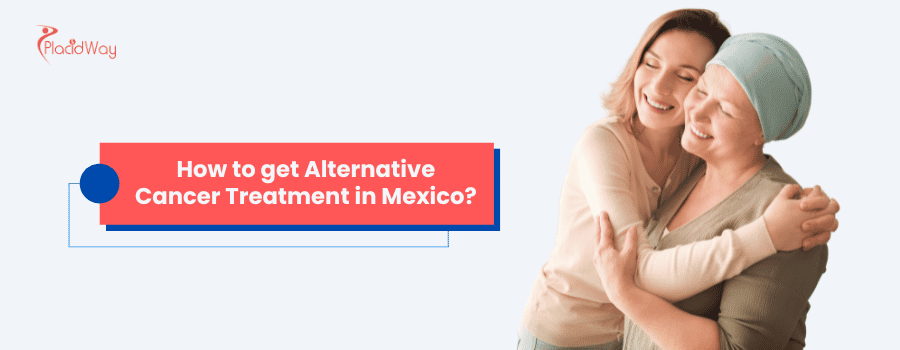
For many patients, conventional cancer treatments like chemotherapy, radiation, and surgery are essential components of care. However, some seek alternative cancer treatment Mexico to complement or support these approaches, enhance quality of life, or explore options when traditional methods have limitations. Mexico has become a leading destination for such therapies thanks to its experienced practitioners, integrative medicine centers, and affordable care options.
If you’re considering how to get alternative cancer treatment in Mexico, this comprehensive guide will help you understand the available therapies, how to find reputable clinics, plan your trip, and navigate treatment safely and effectively.
Why Consider Mexico for Alternative Cancer Therapies?
Mexico’s appeal as a hub for holistic cancer care Mexico stems from several factors:
- Affordability: Treatment costs in Mexico can be significantly lower than in the US, Canada, or Europe, offering affordable cancer care Mexico without sacrificing quality.
- Expertise: Clinics employ doctors trained in both conventional oncology and complementary therapies, providing integrated treatment plans.
- Variety of Therapies: Mexico offers access to a wide range of alternative cancer treatments Mexico, including IV vitamin therapy Mexico, hyperthermia treatment Mexico, ozone therapy Mexico, and herbal medicine Mexico.
- Medical Tourism Infrastructure: Well-established services for international patients, including English-speaking staff, concierge services, and assistance with visas and accommodations.
- Proximity: For North American patients, Mexico offers shorter travel times and fewer logistical hurdles compared to other medical tourism destinations.
What Types of Alternative Cancer Treatments are Offered in Mexico?
“Mexico offers a diverse range of alternative cancer treatments, including various forms of immunotherapy, metabolic therapies like the Gerson Therapy, hyperthermia, stem cell therapy, detoxification protocols, high-dose Vitamin C IV therapy, ozone therapy, and other holistic cancer care approaches.”
The landscape of alternative cancer treatment in Mexico is diverse, with clinics often specializing in particular therapies or offering comprehensive, individualized programs. Here are some of the commonly available treatments:
- Immunotherapy: These treatments aim to harness the patient's own immune system to fight cancer. This can include dendritic cell vaccines, NK cell therapy, and other checkpoint inhibitors that may be experimental or more readily accessible in Mexico.
- Metabolic Therapies: These focus on altering the body's internal environment to make it less conducive to cancer growth. This often involves specific diets (like ketogenic diets), enzyme therapy, and supplementation. The Gerson Therapy is a well-known example.
- Hyperthermia: This involves heating body tissue to high temperatures (up to 113°F or 45°C) to damage and kill cancer cells or make them more sensitive to other treatments like radiation or chemotherapy. It can be local, regional, or whole-body.
- Stem Cell Therapy: While still largely experimental for cancer, some clinics in Mexico offer stem cell treatments with the aim of repairing damaged tissues, boosting the immune system, or delivering anti-cancer agents.
- Detoxification Protocols: Many alternative approaches emphasize detoxifying the body from harmful substances that may contribute to illness. This can include colonics, liver detoxification programs, and chelation therapy.
- High-Dose Vitamin C IV Therapy: Intravenous administration of high doses of Vitamin C is believed by some to have anti-cancer effects and improve quality of life by reducing treatment side effects and boosting immunity.
- Ozone Therapy: This involves introducing ozone gas into the body to increase oxygenation, stimulate the immune system, and potentially exert anti-cancer effects.
- Other Holistic Approaches: Many clinics incorporate nutritional counseling, psycho-emotional support, spiritual guidance, acupuncture, massage, and mind-body techniques like meditation and yoga as part of a comprehensive holistic cancer care plan.
It's important for patients to thoroughly research any proposed treatment, understand the scientific evidence (or lack thereof), and discuss it with trusted healthcare professionals.
How Much Does Alternative Cancer Treatment in Mexico Typically Cost?
“The cost of alternative cancer treatment in Mexico can vary widely, generally ranging from $10,000 to $50,000+ USD for a multi-week program, depending on the clinic, the specific therapies included, the duration of stay, and the complexity of the patient's condition.”
Pinpointing an exact figure for alternative cancer treatment in Mexico is challenging due to the personalized nature of treatment plans and the variety of clinics and therapies available. Simple, single therapies might be on the lower end, while comprehensive, multi-week inpatient programs involving advanced treatments like experimental immunotherapy or extensive metabolic protocols will be significantly more expensive.
Factors influencing the cost of alternative cancer treatment in Mexico include:
- Type and combination of therapies: More intensive and technologically advanced treatments usually cost more.
- Duration of treatment: Programs can range from a few weeks to several months.
- Clinic reputation and facilities: Well-established clinics with state-of-the-art equipment and extensive support services may have higher fees.
- Inpatient vs. outpatient care: Inpatient programs that include accommodation, meals, and 24/7 care will be pricier.
- Diagnostic tests and follow-up: These additional services contribute to the overall cost.
It is crucial to get a detailed breakdown of all anticipated costs from the clinic beforehand, including what is covered in the initial quote and what might be extra. Some clinics offer package prices, while others bill for services individually.
Step 1: Research and Select Reputable Alternative Cancer Treatment Clinics
Your first priority is finding a clinic that is trustworthy and transparent.
- Licensing and Accreditation: Ensure the clinic is licensed by the Mexican Ministry of Health and ideally accredited by international bodies such as Joint Commission International (JCI) or CARF International.
- Treatment Protocols: Choose centers offering evidence-based integrative therapies that complement conventional cancer care. Be wary of clinics promising cures without scientific backing.
- Medical Staff Qualifications: Verify that oncologists, naturopaths, nutritionists, and therapists have relevant certifications and experience with cancer patients.
- Patient Reviews and Testimonials: Research online reviews and ask clinics for patient success stories. Reputable centers will have verifiable patient references.
- Multidisciplinary Approach: The best clinics offer a team approach involving oncology, nutrition, physical therapy, and psychological support.
Step 2: Understand the Range of Alternative Cancer Treatments Available in Mexico
Mexico’s alternative cancer clinics offer numerous therapies designed to support immune function, reduce side effects, and improve overall well-being:
- IV Vitamin Therapy (High-Dose Vitamin C): Administered intravenously to deliver high concentrations of vitamin C, believed to boost the immune system and improve quality of life during treatment.
- Hyperthermia Therapy: Controlled heating of body tissues to enhance the effectiveness of radiation or chemotherapy by sensitizing cancer cells.
- Ozone Therapy: Ozone gas is used to improve oxygen metabolism and detoxify the body.
- Herbal Medicine and Nutritional Supplements: Combining traditional Mexican herbal remedies with scientifically studied supplements for cancer support.
- Chelation Therapy: Removes heavy metals and toxins, though its use in cancer care is controversial and should be supervised by professionals.
- Mind-Body Therapies: Meditation, yoga, acupuncture, and massage to reduce stress and improve emotional health.
- Dietary and Detox Programs: Customized nutrition plans to support healing and reduce inflammation.
Step 3: Consultation and Treatment Planning with Alternative Cancer Specialists
Before traveling, arrange consultations many clinics offer virtual consultations Mexico alternative cancer to create a personalized treatment plan.
- Share your complete medical history, including current treatments and test results.
- Discuss your goals, whether it’s symptom management, boosting immunity, or enhancing conventional therapy outcomes.
- Understand the expected benefits, risks, and treatment schedule.
- Ask about coordination with your primary oncologist to ensure complementary care.
Step 4: Costs and Financial Planning for Alternative Cancer Treatment in Mexico
Costs vary widely based on treatment type, duration, and clinic quality, but Mexico remains a cost-effective option.
| Treatment Type | Approximate Cost (USD) | Description |
|---|---|---|
| IV Vitamin C Therapy | $2,000 - $8,000 | Per treatment course; varies by dosage and length |
| Hyperthermia Therapy | $3,000 - $10,000 | Several sessions over weeks |
| Ozone Therapy | $1,500 - $5,000 | Series of treatments |
| Herbal Medicine Programs | $1,000 - $4,000 | Includes supplements and consultations |
| Detox and Nutrition Programs | $3,000 - $10,000 | Personalized diets, detox protocols |
| Mind-Body and Supportive Care | $1,000 - $5,000 | Yoga, acupuncture, counseling sessions |
Most international health insurance plans do not cover alternative treatments, so confirm payment methods with your clinic. Many offer financing or payment plans.
Step 5: Planning Your Travel and Stay in Mexico
Good planning helps optimize your treatment experience.
- Fly into major hubs like Tijuana (TIJ), Mexico City (MEX), or Guadalajara (GDL).
- Coordinate airport pickup with your clinic or use reliable private transportation services.
- Choose accommodations close to your treatment center—options range from medical tourism hotels Mexico to private rentals.
- Plan for a stay of several weeks or months, depending on your treatment plan.
Step 6: What to Expect During Your Alternative Cancer Treatment
Expect a comprehensive, patient-centered approach:
- Initial assessments including lab tests, imaging, and overall health evaluations.
- Tailored therapy sessions integrating IV treatments, hyperthermia, and supplements.
- Regular health monitoring and adjustments to your plan based on progress.
- Holistic wellness activities like meditation and acupuncture to support mental and emotional health.
Step 7: Post-Treatment Follow-Up and Care
Continuity of care is vital:
- Many clinics offer telehealth follow-ups for international patients.
- You’ll receive lifestyle guidance including diet, exercise, and stress management.
- Coordination with your local oncologist for integrated cancer management.
- Access to support groups and counseling to maintain well-being.
Step 8: Safety, Ethics, and Legal Considerations
- Verify your clinic’s compliance with Mexican health regulations alternative treatment standards.
- Ensure transparent communication about potential benefits and limitations.
- Avoid clinics offering unproven “miracle cures.”
- Use trusted medical tourism facilitators to avoid fraudulent operations.
Are Alternative Cancer Treatments in Mexico Safe?
“The safety of alternative cancer treatment in Mexico varies greatly depending on the specific treatment, the clinic's standards, and the qualifications of the practitioners; while some therapies may be safe and supportive, others can carry significant risks or lack rigorous scientific validation.”
This is a critical question without a simple yes or no answer. Some alternative cancer treatments in Mexico may be relatively safe, especially those focusing on nutrition, lifestyle changes, and supportive therapies that complement conventional care. However, other treatments may be invasive, unproven, or carry inherent risks, particularly if they cause patients to delay or abandon evidence-based conventional treatments.
The regulatory environment for medical treatments in Mexico can be different from that in countries like the US or Canada, potentially allowing for a broader range of therapies to be offered. While this can mean access to innovative options, it also means that some treatments may not have undergone the same level of scrutiny for safety and efficacy. Patients should thoroughly investigate the credentials of the clinic and its staff, the evidence supporting the proposed treatments, and any potential side effects or interactions with other medications or conditions. Consulting with your primary oncologist about any considered alternative therapy is highly advisable.
Are Alternative Cancer Treatments in Mexico Effective?
“The effectiveness of alternative cancer treatment in Mexico is a complex and often controversial topic; while some patients report positive outcomes and improved quality of life, many alternative therapies lack robust scientific evidence from large-scale clinical trials to support their efficacy as standalone cancer cures.”
The perceived effectiveness of alternative cancer treatment in Mexico often depends on individual patient experiences, testimonials, and the specific therapies used. Many patients seek these treatments with the hope of achieving remission, slowing cancer progression, managing symptoms, or improving their overall well-being, and some do report significant benefits. Treatments offered as part of an integrative oncology approach, which may combine evidence-based complementary therapies with conventional treatments, can be effective in managing side effects and enhancing quality of life.
However, it is crucial to approach claims of "cures" with caution, especially for treatments that have not been validated through rigorous scientific research and peer-reviewed studies. The "success rates" advertised by some clinics may not be based on standardized, unbiased data. The most reliable approach involves discussing potential treatments with oncologists familiar with both conventional and integrative medicine and critically evaluating the available evidence.
What is Immunotherapy in Mexico for Cancer?
“Immunotherapy in Mexico for cancer refers to treatments that stimulate or enhance the patient's own immune system to recognize and destroy cancer cells. Many clinics in Mexico offer various forms of immunotherapy, some of which may be considered experimental or are more readily accessible than in other countries.”
Immunotherapy is a rapidly evolving field in cancer treatment, and Mexico has become a destination for patients seeking access to a broader range of these therapies. This can include:
- Dendritic Cell Vaccines: Custom-made vaccines created from a patient's own immune cells to train the immune system to target cancer cells.
- Natural Killer (NK) Cell Therapy: Involves harvesting, activating, and reinfusing NK cells, which are a type of white blood cell that can directly kill cancer cells.
- Checkpoint Inhibitors: Some clinics may offer access to newer checkpoint inhibitor drugs that might not yet be approved or widely available for all cancer types in other countries.
- Cytokine Therapy: Using immune-signaling molecules to boost the overall immune response.
- Oncolytic Virus Therapy: Using modified viruses to infect and kill cancer cells, while also stimulating an immune response against the cancer.
The availability and specific types of immunotherapy in Mexico vary by clinic. It's crucial for patients to understand the scientific basis, potential efficacy, and risks associated with any immunotherapy protocol offered.
Ready to explore your options for high-quality, personalized healthcare abroad? Visit PlacidWay to discover a world of medical tourism solutions and connect with reputable global providers.


.png)




.png)



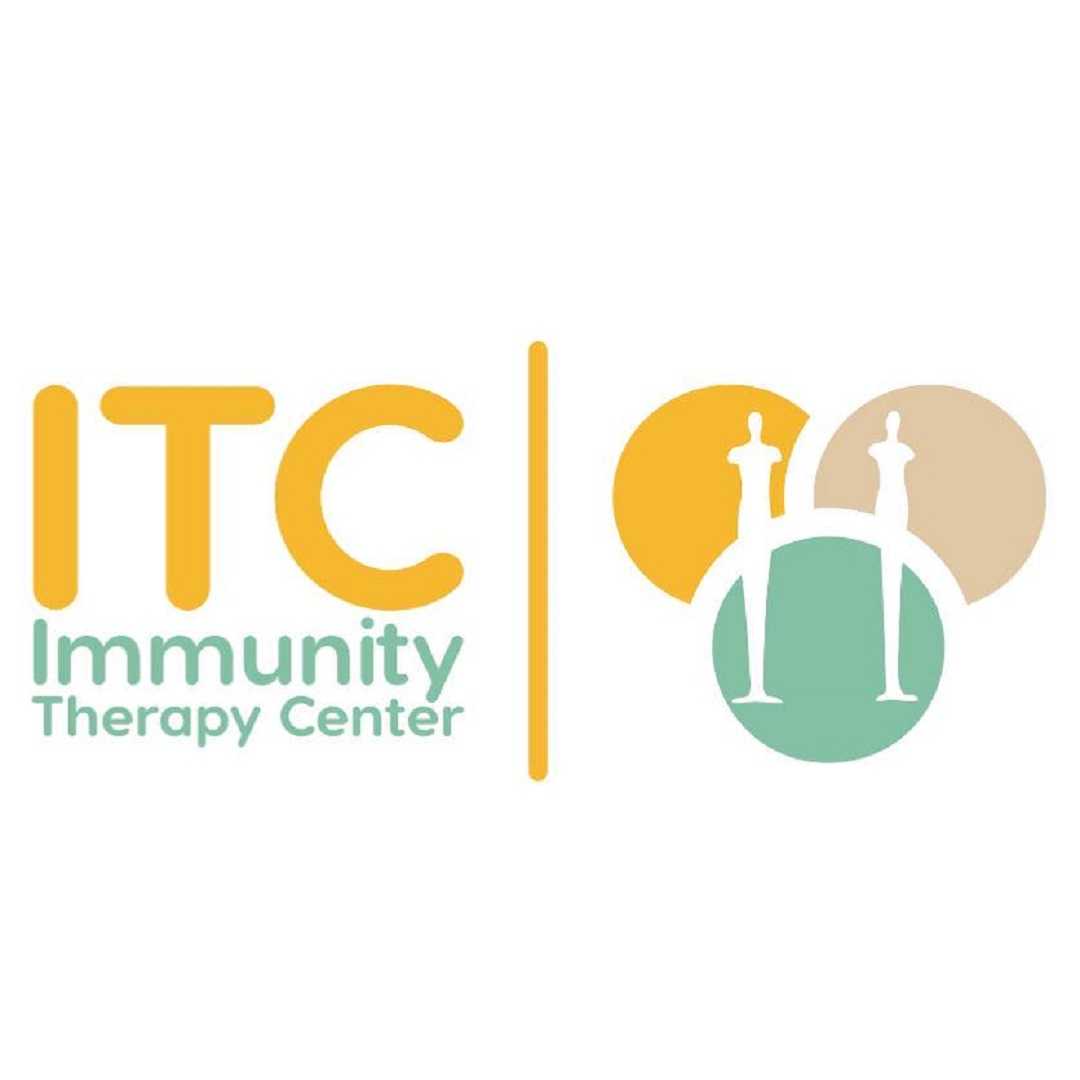
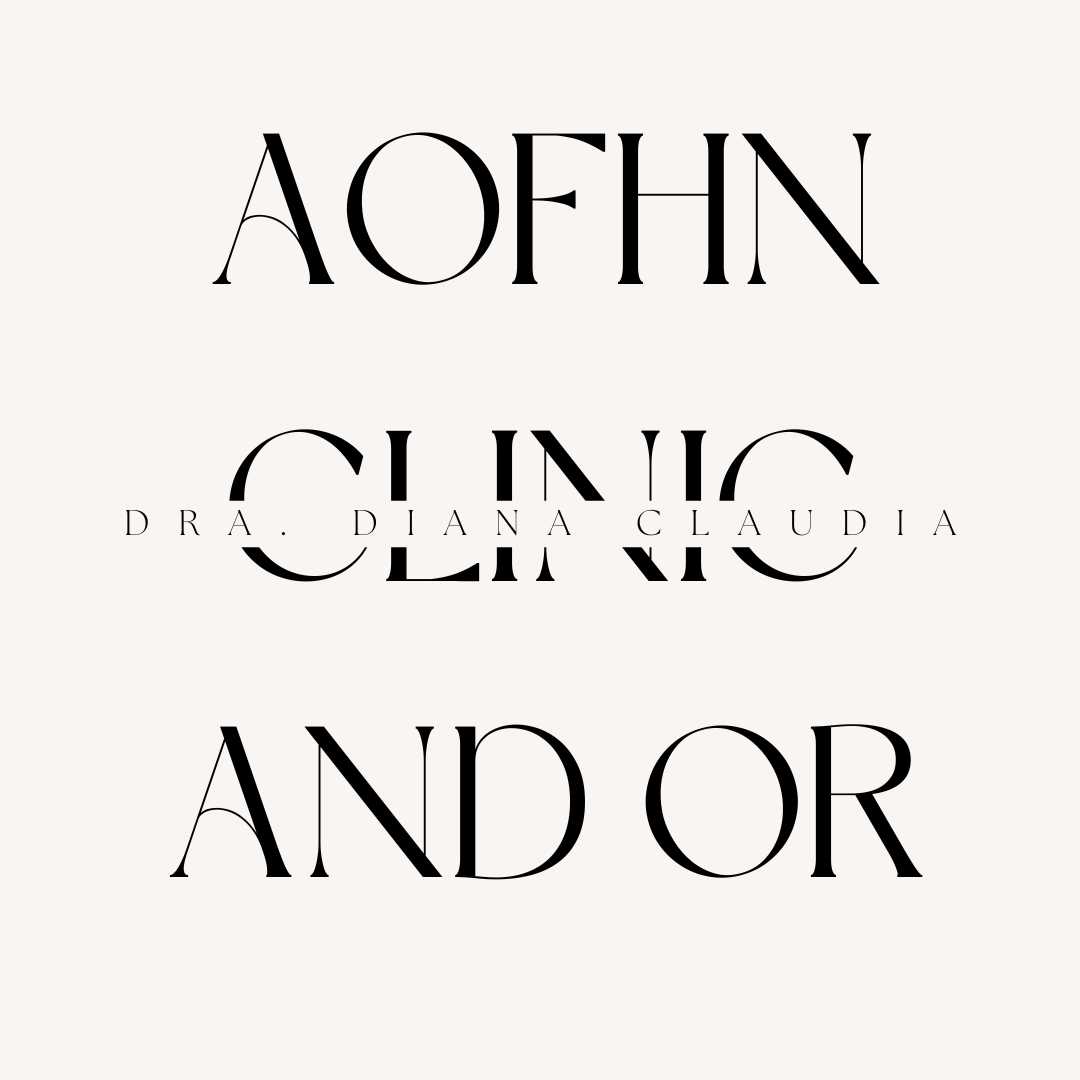

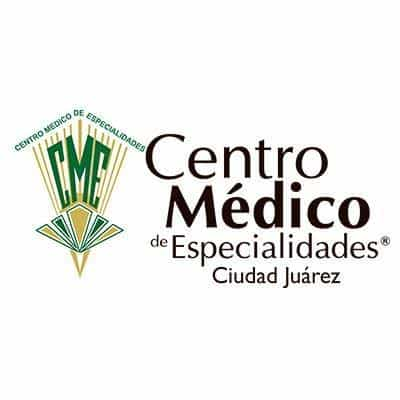
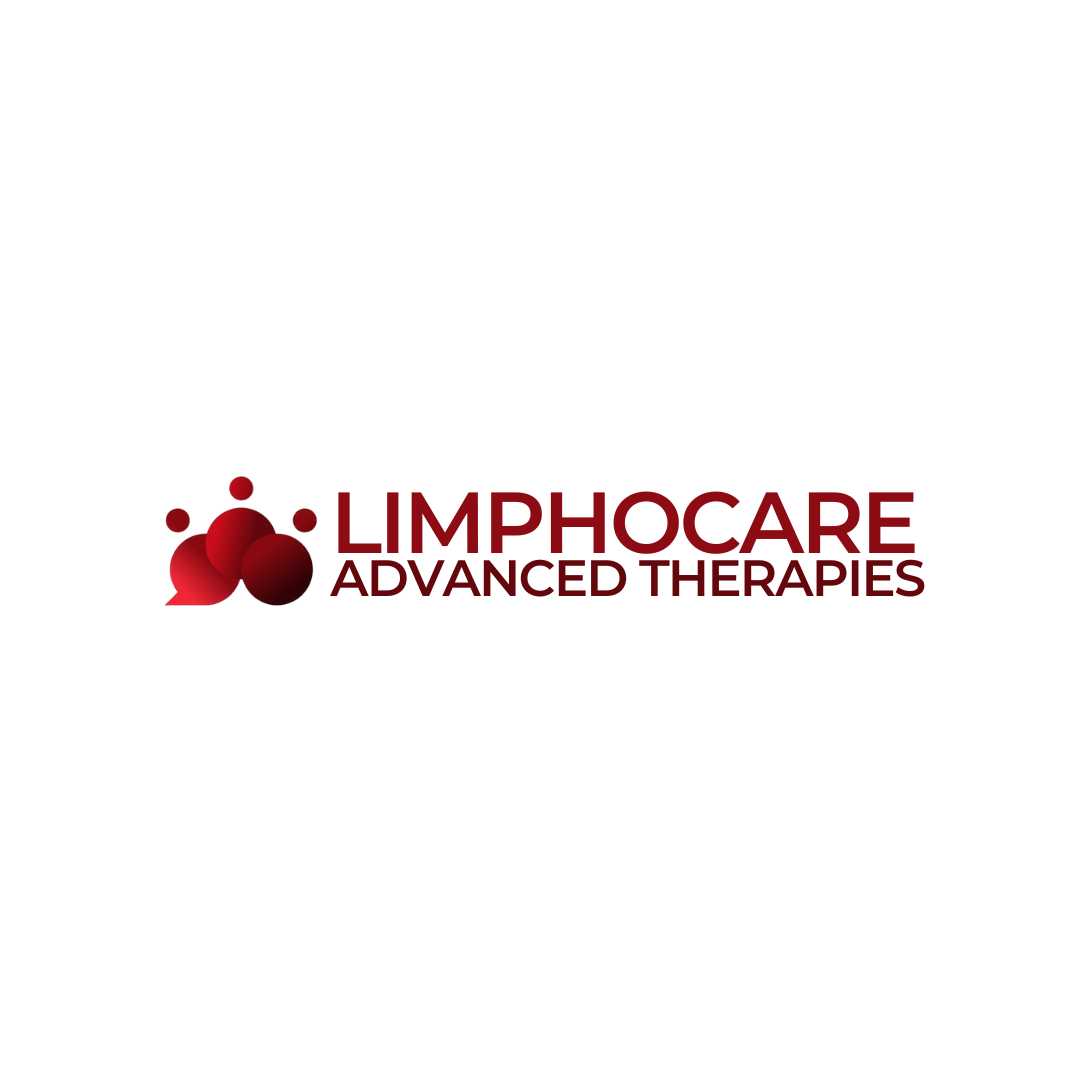

Share this listing